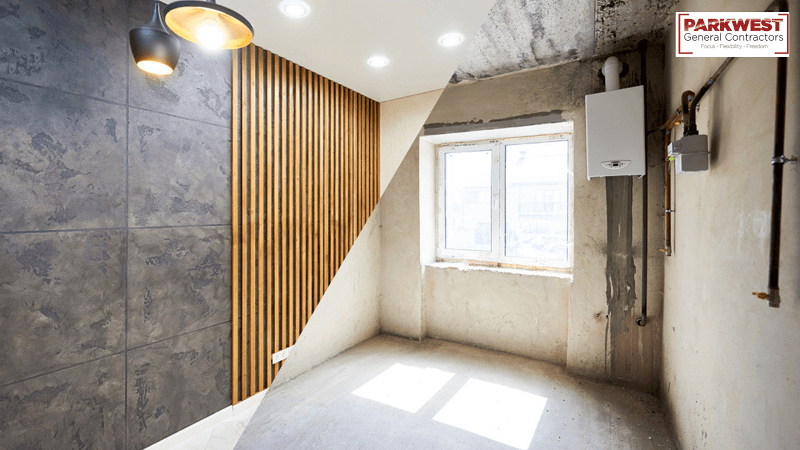



Developing hotel property improvement plans (PIPs) is crucial to ensuring fruitful investment. From time to time, it's necessary to upgrade your hotel to keep up with guest expectations and changing market conditions. PIPs matter because travelers are becoming increasingly picky about where they stay. They cover a broad range of improvements from landscaping to making the arrival lobby more comfortable.
Hotel transactions often involve hotel property improvement plans, making them part of the asset valuation process. The buyer agrees to the PIP as part of the transaction. A PIP lays out the scope of the renovation plan and timeframe for project completion. Many hotel brands have extended their PIP requirements and increased PIP costs following a decade of RevPAR growth and a more competitive environment in the hospitality industry.
A PIP brings a hotel up to date with brand standards in an effort to improve the guest experience. It may involve improving all aspects of the property, including security, lighting, and parking. Buyers of a franchise should be aware of the company's standards, which tend to update every six to ten years. The franchisor will likely require all franchisees to keep up with new standards. A PIP can also help a buyer who wants to flip the brand as to what general improvements are needed.
The proliferation of hotel brands has boosted the current market of hotel buyers and sellers. A PIP document gives a franchise owner of a hotel brand considerable control over what a property buyer can do with it. When a franchise agreement approaches expiration, the property may be up for grabs among competing brands. The PIP identifies hotel improvements that can lead to higher revenue.
It usually takes three to six weeks to prepare a PIP document. Sellers should order PIPs as soon as the sale process begins or even before an asset gets placed on the market. A PIP's scope and timeframe are usually negotiable, particularly among parties who have developed a strong relationship. Sellers should be ready to negotiate more for an extensive PIP.
Buyers and sellers of hotel properties need to be realistic about how hotel renovations will impact sales. Upgrading rooms will not necessarily lead to greater sales but can put the hotel in a more competitive position. In some cases, investors may want to deduct certain PIP costs from the purchase price. Investors must also keep in mind the PIP might not cover all areas of modernization.
Once a hotel buyer, seller or prospective franchisee has been issued a PIP, the next step is to select a general contractor, designer, and procurement firm. You may want an all-in-one contractor that handles all phases of development, depending on what works best for your budget. The completion of a PIP project can take one to two years.
Property improvement plans can play a great role in your hotel's success. These plans are periodically updated to fit current trends and new standards. Contact Nikki Fox, nikki@parkwestgc.com, at Parkwest General Contractors to learn more about hotel property improvement plans and tips on the best practices for construction project management.